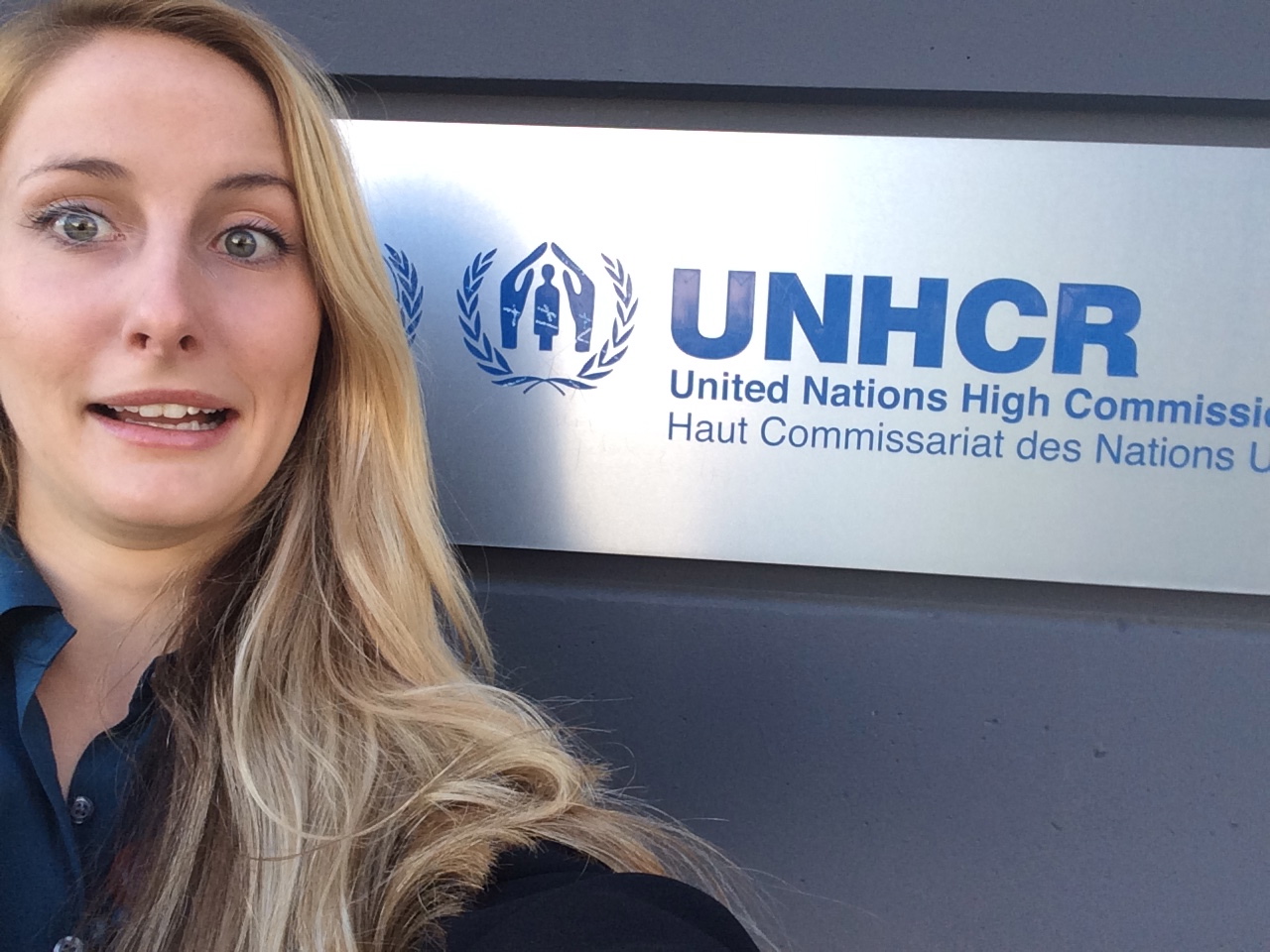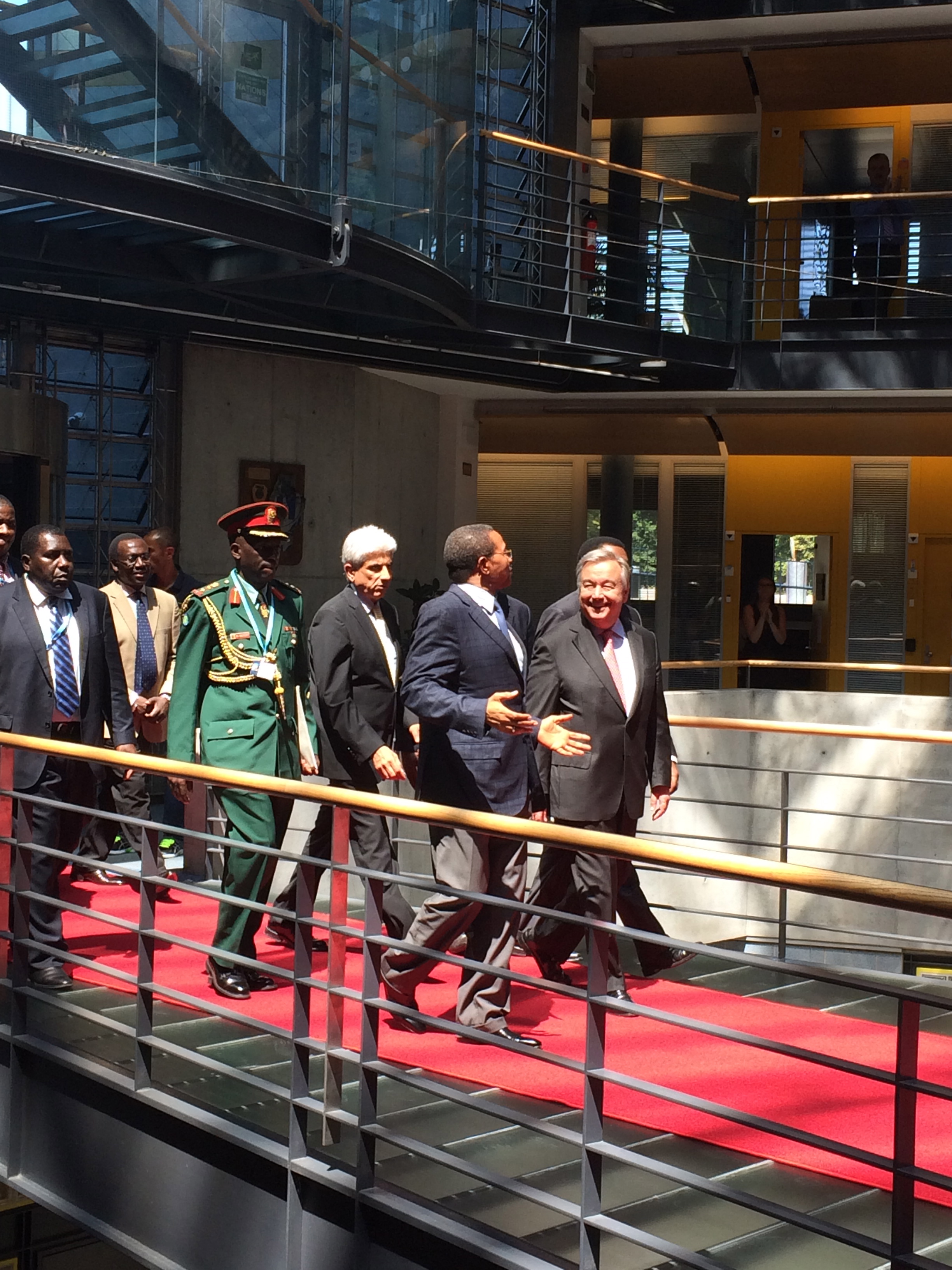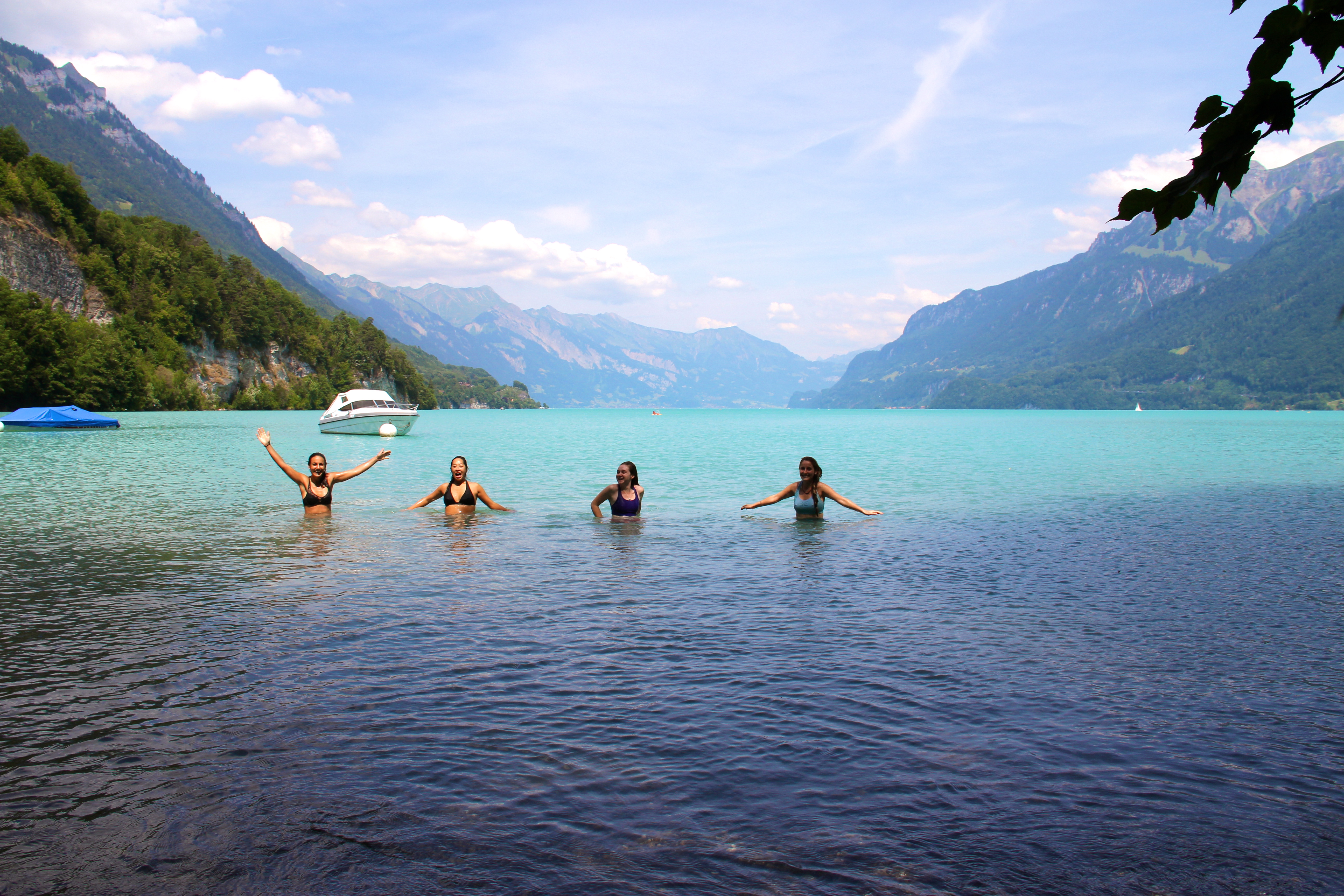 My summer with the United Nations High Commissioner for Refugees (UNHCR) was the most incredible learning experience, and in many ways that I never would have predicted. This summer has deepened my understanding of international humanitarian organizations and the complex setting within which they must function. It has shown me that several of my preexisting criticisms of the U.N. system were superficial, while I developed others as the summer went on. I was truly learning new things every single day in Geneva, and as excited as I am to be headed back to NOLA, I wish I could have stayed a bit longer.
My summer with the United Nations High Commissioner for Refugees (UNHCR) was the most incredible learning experience, and in many ways that I never would have predicted. This summer has deepened my understanding of international humanitarian organizations and the complex setting within which they must function. It has shown me that several of my preexisting criticisms of the U.N. system were superficial, while I developed others as the summer went on. I was truly learning new things every single day in Geneva, and as excited as I am to be headed back to NOLA, I wish I could have stayed a bit longer.
During my last week at UNHCR, I wrote up a list of my internship tasks and accomplishments to review with my supervisor. It was great to have an opportunity to sit down and discuss how my work impacted the office and well as how my time at UNHCR impacted my own learning outcomes. I was proud to see this impact, and there were a few major projects that stuck out in my mind. I think my greatest contribution to the team were the creation of Key Messaging Outlines, something my office has talked about making but never actually had until now (view my last post for a more detailed description of this project). I completed Key Messaging Outlines for Syria, Iraq, the Central African Republic, South Sudan, Nigeria, Burundi, Yemen and Ukraine. Now that the foundation is laid, the team simply has to review their countries’ outlines once a week to make sure they are up to date. I produced an outline template that can be filled out if (alright… when) new crises arise. This project will allow anyone on the team to confidently speak at a press briefing on an issue that may be outside of his or her area of expertise.
I also developed a clear media monitoring outline, a project I have been working on since the beginning of the summer. This required a combination of getting the hang of our media tracking software, doing follow up research on different media outlets, understanding which media sources were priorities, and working with the PI team to develop a format that would be concise and useful on a weekly basis. It was satisfying to see that by the end of my internship, people were checking in with me right after a briefing to ask when I would get the data on their note, anxious to analyze its reach (I had to wait at least 24 hours to start evaluating media pick up). I developed a template for future interns to use and have offered to Skype with a future intern to discuss how I went about the media monitoring process. Other project I worked on included writing interviews, expanding publicity for media pieces, creating country blurbs for a website featuring refugee musicians, and writing a comparative media report to try and convince Angelina Jolie to finally speak on BBC instead of CNN. While there were a few major projects I worked on throughout my ten weeks, every week brought new and different tasks and new opportunities to learn.
One thing major thing I have come to terms with is that if I want to continue in this field I will have to get several years of field experience under my belt. This is not only an important next step in getting hired in this field, but important in understanding how administrative work at head quarters translates to services in the field. While this has always been something I have distantly considered, I’m now aware that I will need to make that decision soon. It will mean a minimum of two years abroad, and ideally three to five. It will mean leaving a lot behind and missing major life events; graduations, weddings, births and deaths. It will also mean spending enough time somewhere to gain a more permanent community, and to deeply understand that culture. It will mean working in direct services and connecting distant planning and fundraising to real people. It will allow me to determine whether this is the right path for me, and if it is, it will allow me to continue along that path. Whichever path I chose, the next few years will be a period of major change for me, and I’m excited for all that lies ahead.



